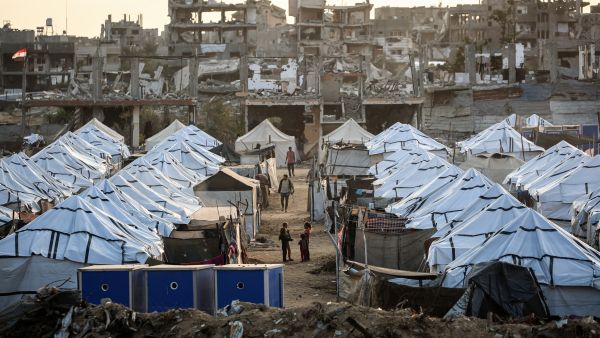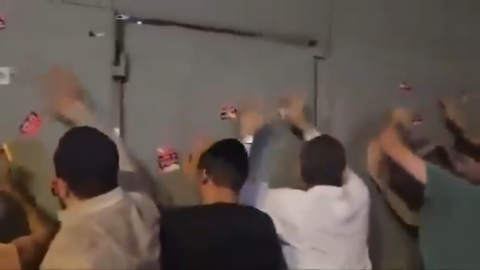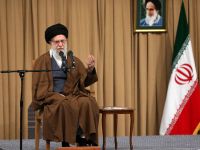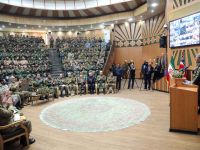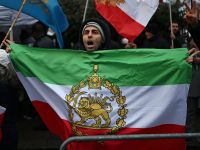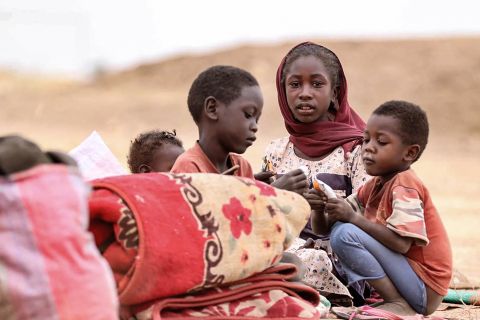ALBAWABA - One of the biggest internal crises in Hezbollah's history, according to a number of intelligence assessments from Washington and Tel Aviv, is a "Shiite revolt" against the Iran-backed organization's hegemony in Lebanon, according to analysts. The disruption comes after Hezbollah's leadership was criticized for the first time and Shiite public discontent grew.
Hezbollah deputy leader Naim Qassem sparked controversy after he released an open letter restating the organization's refusal to disarm and its rejection of government control over military decisions, according to the Israeli daily Yedioth Ahronoth. Shortly after Lebanese President Joseph Aoun called for direct peace negotiations with Israel, which signaled a significant change in Beirut's position, Qassem made his comments.
Hezbollah would continue to “resist Israeli aggression” and keep its arsenal, Qassem insisted, but his remarks drew harsh criticism from prominent Shiite clerics and public figures who charged the group with entangling Lebanon in a never-ending war and destroying its economy. A number of Shiite activists published videos calling on their followers to support government initiatives to regain sovereignty and demand that Hezbollah disarm.
The Political Scene in Lebanon Changes
According to the report, General Aoun's government in Lebanon currently has more political and military clout than it has in recent decades. The deteriorating battlefield capabilities of Hezbollah, the depletion of the Shiite base, and the reduction in Iranian financial support are the reasons for this improved position.
Iran allegedly gave Hezbollah around $1 billion in 2025, but the majority of that money was used to compensate the families of fighters who had died and displaced people from southern Lebanon. Its cash reserves have been further strained by Israeli strikes that targeted the group's financial institutions, especially the al-Qard al-Hasan association.
Investors eager to contribute to Lebanon's reconstruction are awaiting Washington's approval, which is a signal that the U.S. The complete disarmament of Hezbollah is a condition that President Donald Trump has made.
A Deadline Approaches
The political future of Hezbollah might be determined sooner rather than later. The U.S. administration has given the group until December 2025 to turn over its weapons, according to sources who spoke to Yedioth Ahronoth. They cautioned that noncompliance could exacerbate Lebanon's economic collapse and lead to international sanctions.
In May 2026, Lebanon will hold parliamentary elections, and Hezbollah is predicted to lose a substantial amount of its political and military clout. According to Israeli and U.S. officials, the group will soon have to decide between disarming under a framework led by the West or risking more Israeli military action.
An effort to regain strength
Hezbollah has increased its efforts to repair some of its military facilities in spite of the growing pressure. It has been reported that workshops in the Beqaa Valley and southern Lebanon are using smuggled materials and simple tools to produce small quantities of drones and rockets. Additionally, Israeli intelligence has discovered that commercial drones from China and Europe are being purchased and subsequently modified for use in combat.
These facilities have been the target of targeted Israeli strikes, mainly in Beirut and north of the Litani River. Hezbollah's current military buildup, according to analysts, is more about threatening domestic rivals and establishing political clout in Beirut than it is about combating Israel.



